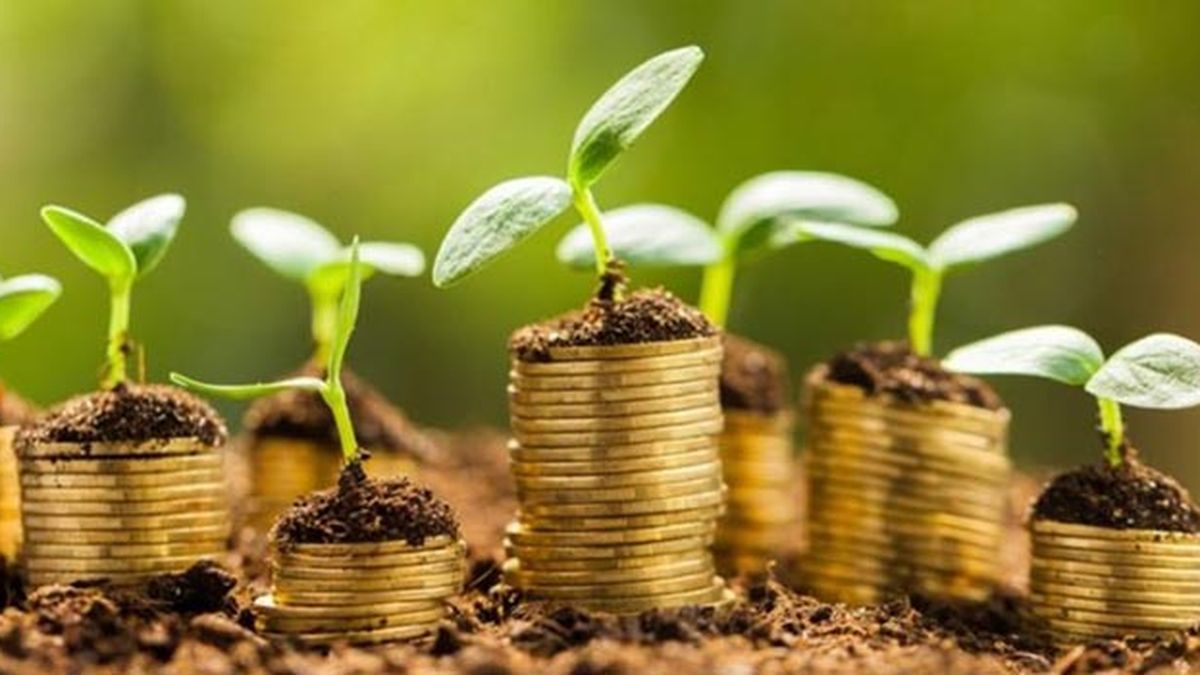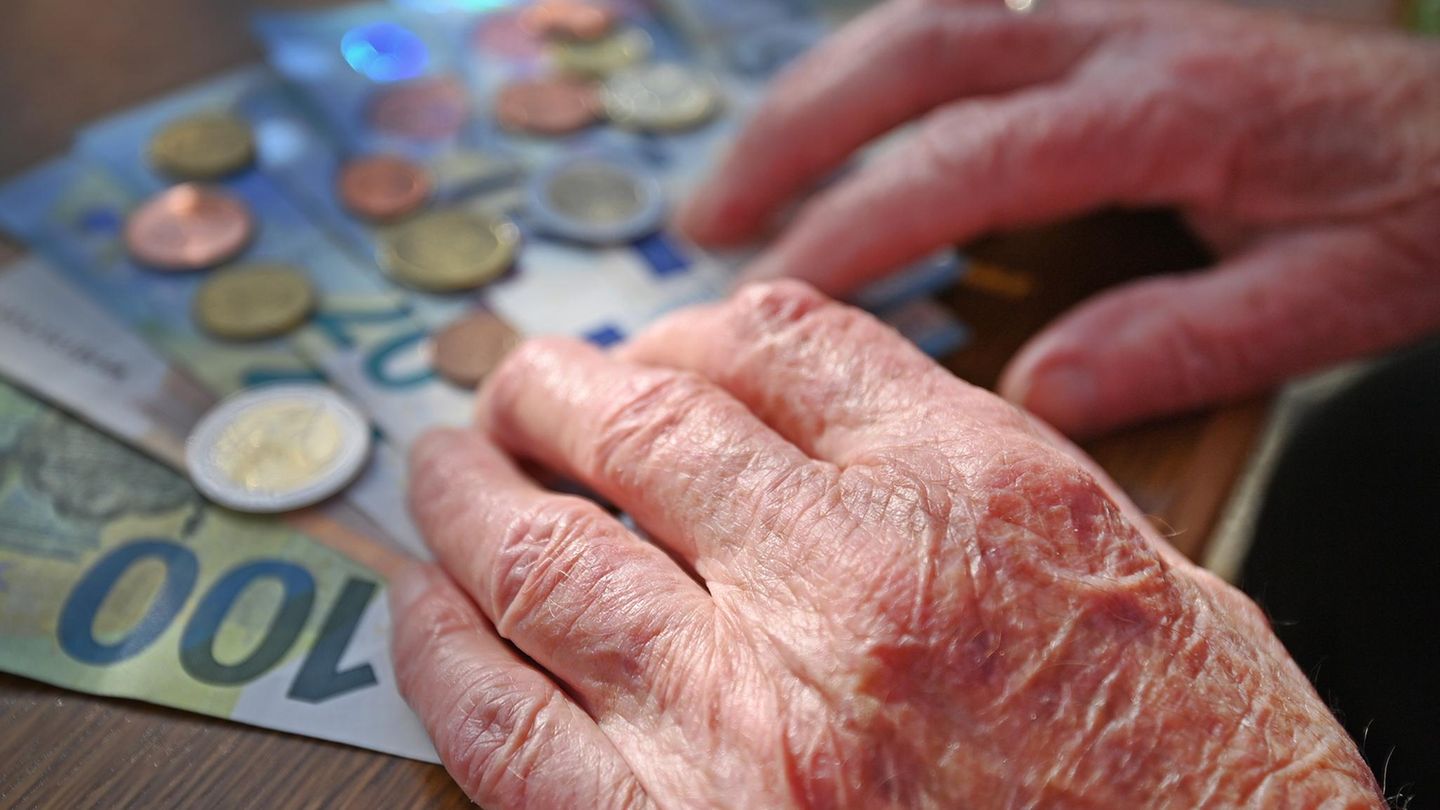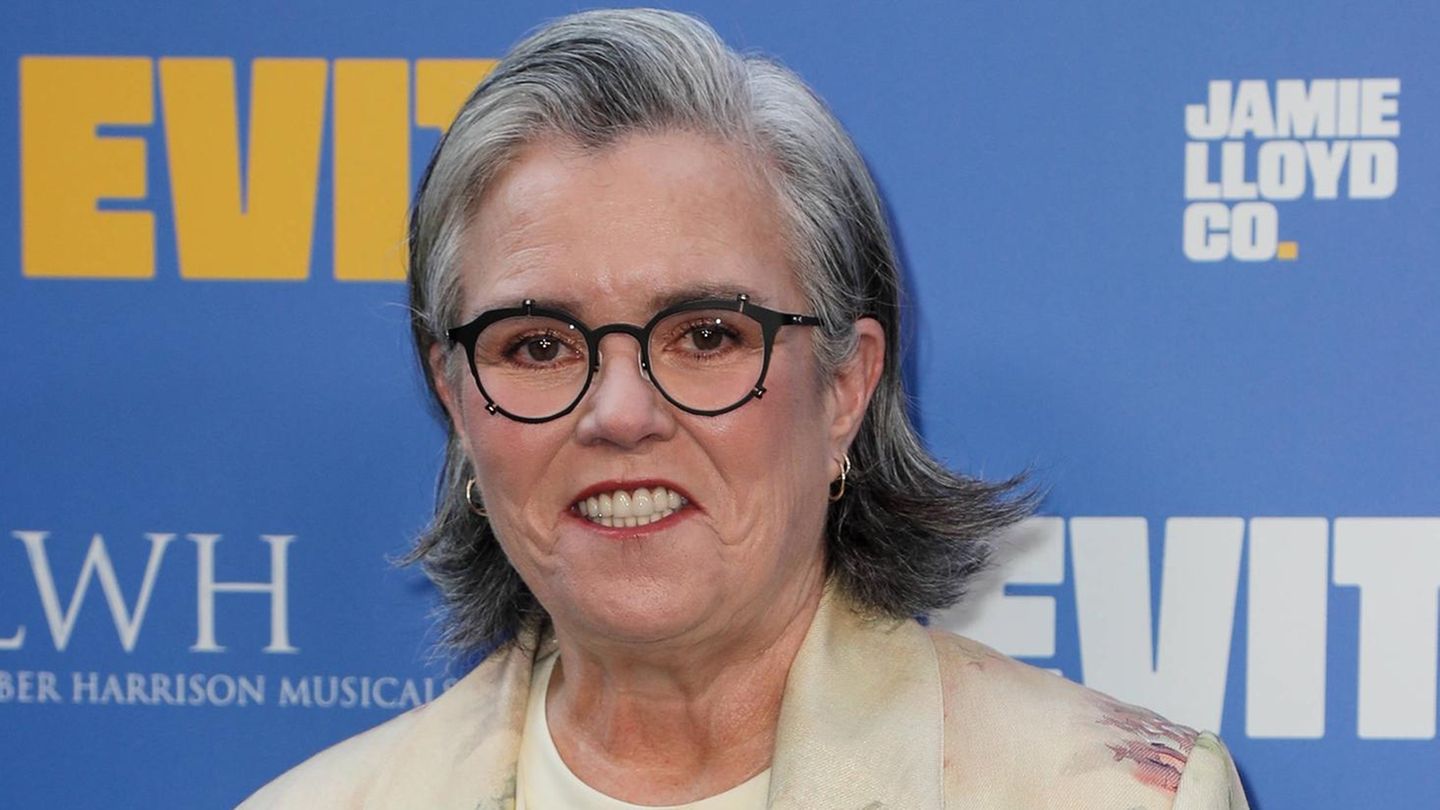The directory of world Bank approved the innovative sustainable loan for 350 million dollars for Uruguay, tied to the fulfillment of environmental goals and the first delivered by the international organization with these characteristics.
Although the agreement had already been announced a little over a month ago, finally yesterday the world Bank approved the credit that will reward compliance with environmental commitments—ambitious goals in relation to the climate objectives foreseen in the Paris Agreement– with the interest rate reduction of up to $12.5 millionas reported by Ministry of Economy and Finance (MEF).
The vice president of the organization,CarlosFelipeJaramillo, highlighted that “Uruguay show a global leadership through institutional and financial innovations,” adding that the country “has done so before in areas such as smart agriculture, reducing carbon emissions and promoting renewable energy”. He also highlighted that these actions “serve as a reference for other developing countries.”
The credit is framed in the program called Development Policy and Reform Implementation Programmatic Loan (DPL)for its acronym in English), and it is the first disbursement of money tied to environmental commitments granted by the World Bank, in support of measures that, on the one hand, “contribute to a green economy”, but also “to a solid and resilient growth”.
“At a time when we urgently need to redouble efforts to confront the climate crisis, I am proud that a country of Latin America be the first to benefit from an innovative mechanism that incentivizes actions to protect the planet,” said Jaramillo, who is responsible for the World Bank for Latin America and the Caribbean.
“The approval of this project is a first step towards a change in the global paradigm, and reaffirms the evolution of the world Bank towards the incentive of good practices,” said the head of the MEF, Azucena Arbeleche in this regard, and also highlighted the line adopted by the national government in which, in turn, the issuance of the Sustainable Bonus in 2022. These measures seek to “enhance the positioning of Uruguay in agricultural export markets, which increasingly value sustainable production.”
The indicators included in both the credit conditions and those of the Sustainable Bond “demonstrate the determination and ambition of Uruguay in following a path of development that combines greater growth and productivity in the livestock sector, an integral part of the country’s economic structure, with a commitment to non-deforestation of the native forest,” added the Minister of Economy.
What should Uruguay do to achieve interest savings?
According to the MEF, “the discount in the interest rate will be obtained if the objectives of reducing the intensity of the methane emissions in beef production, with respect to the commitments of Uruguay in the Paris Agreement, proposed for 2025 and 2030 in the first and second Nationally Determined Contributionrespectively.”
The reduction proposed as an objective is, at least, 33% in the intensity of emissions between 2028 and 2032; and at least the 36% between 2033 and 2037.
“To achieve this, the Government will scale already validated technologies, as well as successful experiences with producers at the national level in breeding systems, expanding it to various livestock systems, with the primary objective of jointly improving the productive efficiency, the environmental sustainability and the economic return of the producers,” added the portfolio led by Arbeleche.
In this area the country already appears at the forefront in the world. Additionally, the World Bank will grant 1 million dollars to the Ministry of Livestock, Agriculture and Fisheries (MGAP) to support you in this particular goal.
The annual monitoring of the fulfillment of goals will be in charge of the United Nations Development Program (UNDP)and will begin in 2028, during the loan repayment period.
Source: Ambito




